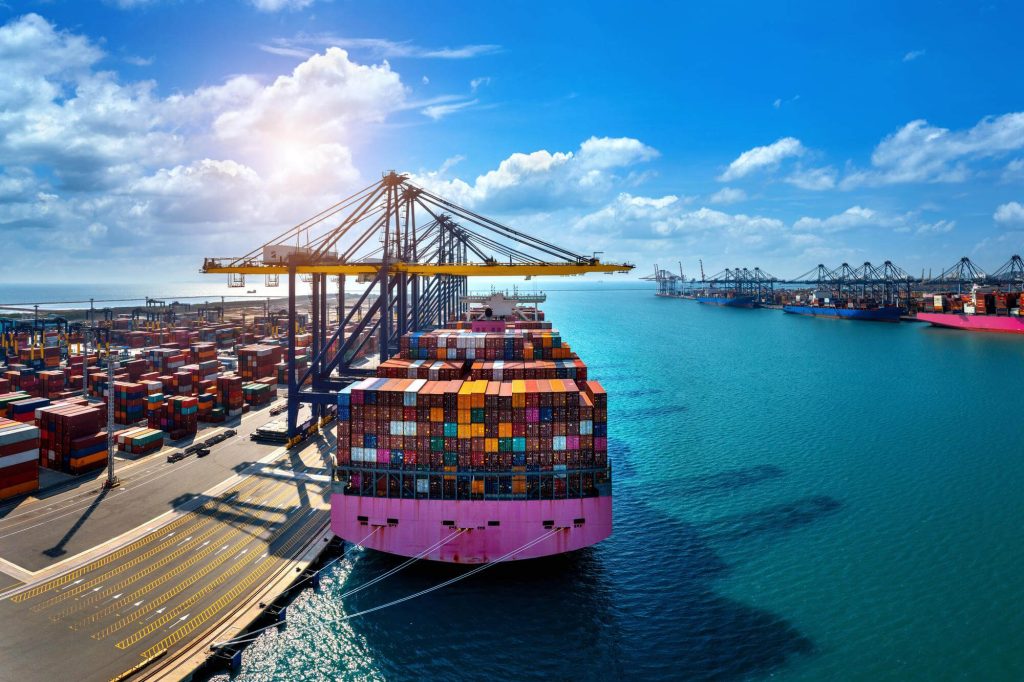EXPORT
Export occurs when domestic companies sell goods or services to buyers in another country. It’s the opposite of import, where goods and services are brought into a country. Exports are a critical component of a country’s economy because they provide a source of revenue and jobs for the domestic market. By selling goods or services abroad, companies can expand their operations beyond the local market, tap into larger markets, and increase their potential for growth and profit.
Reasons for Exporting
Market Expansion
Companies export to enter new markets and access more consumers or businesses that may have a demand for their products or services.
Diversification
Selling in multiple countries helps companies reduce their dependence on the domestic market and spread their risk. Economic downturns in one country may be offset by stronger sales in another.
Increased Sales and Profits
The potential market outside a company’s home country is often much larger than the domestic market, offering opportunities for increased sales and, consequently, higher profits.
Economies of Scale
Exporting can allow companies to increase their production levels and achieve economies of scale, leading to lower costs per unit and increased efficiency.
Economic and Political Considerations
Trade Agreements: Bilateral and multilateral trade agreements can facilitate exporting by reducing trade barriers, such as tariffs and quotas, making it easier and more profitable for companies to export their goods and services.
Government Policies and Incentives: Many governments encourage exports through various forms of support, including tax incentives, subsidies, and assistance in meeting foreign market entry requirements.
Global Economic Conditions: The global economic environment affects export opportunities. Economic growth in target export markets can lead to increased demand for imported goods and services.
Impact of Exports
Economic Growth: Exports contribute to a country’s gross domestic product (GDP) and are vital for economic growth and development.
Job Creation: Increasing exports can lead to job creation and employment opportunities in various sectors, including manufacturing, services, and logistics.
Balance of Trade: A country’s balance of trade, or the difference between its exports and imports, is a crucial indicator of its economic health. A positive balance (trade surplus) strengthens a country’s economy, while a negative balance (trade deficit) can be a sign of economic challenges.
Currency Valuation: Exports increase the demand for a country’s currency, which can lead to an appreciation in currency value. This can have various economic effects, including impacting the competitiveness of a country’s export and import sectors.
Other Services
Here are some of our most prefferes services according to our customers.




